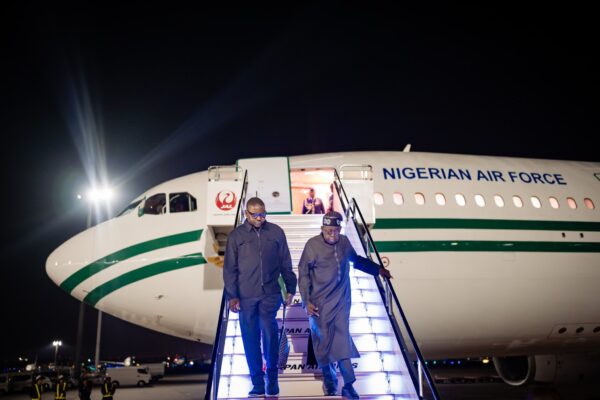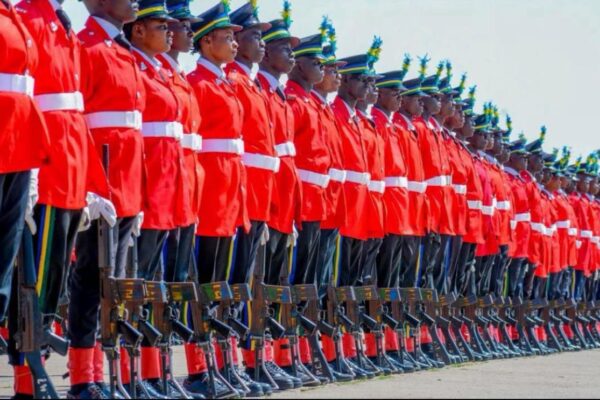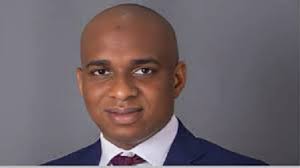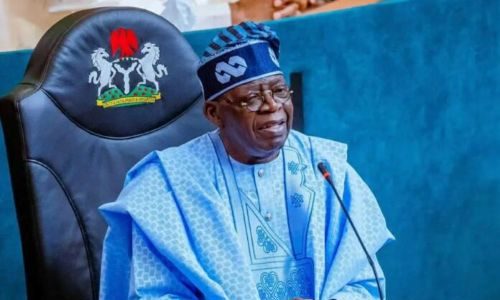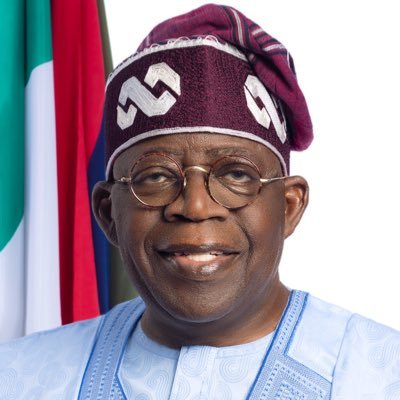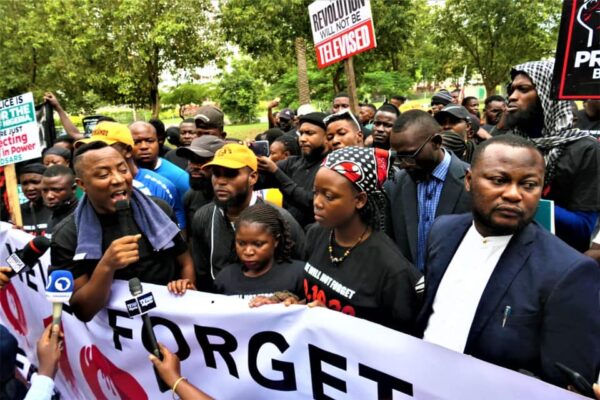
#FreeNnamdiKanuProtest: Police Bar Sowore, Others From Aso Rock
By Bunmi Ogunyale The Nigeria Police Force has reaffirmed its unwavering commitment to upholding the rule of law and maintaining public peace in accordance with constitutional provisions. This follows the subsisting Order of the Federal High Court, Abuja Division, given on 17th October, 2025, by Honourable Justice M.G. Umar, in Suit No. FHC/ABJ/CS/2202/2025 — Federal Republic of Nigeria v. Omoyele Sowore & 4 others. The Order, in a press statement issued on Saturday by the Force Public Relations Officer, CSP Benjamin Hundeyin, restrains the respondents and any other persons or groups acting under their instruction from staging protests within and around Aso Rock Villa and its environs, the National Assembly Complex, Force Headquarters, the Court of Appeal, Eagle Square and Shehu Shagari Way. “In deference to the authority of the Court and in line with the constitutional mandate of the Police to enforce law and order, the Force hereby calls on all groups — whether in support of or opposed to the ongoing agitation for the release of Mazi Nnamdi Kanu — to adhere strictly to the provisions of the court order. The directive remains binding and enforceable pending further judicial proceedings. “The Nigeria Police Force recognises and respects the rights of citizens to peaceful assembly and expression. However, such rights must be exercised responsibly and within the limits of the law, particularly where public safety, national security, and the rights of other citizens are concerned. The Court’s intervention is therefore a safeguard, not a suppression, of constitutional freedoms. “Accordingly, all intending protesters and counter-protest groups are strongly advised to avoid restricted areas and to refrain from any act capable of provoking confrontation or disturbing public order. The Force will ensure the free flow of traffic, protection of lives and property, and security of all law-abiding citizens. “Any person or group that uses protests as cover to incite violence, carry or use offensive weapons, vandalise public or private property, kidnap, or engage in acts likely to cause loss of life or serious injury will be dealt with decisively. “Offenders will be arrested, subjected to full investigation, and prosecuted under relevant criminal laws — including laws relating to public order, violent conduct and terrorism where applicable. Those who incite others via social media or other platforms should note that digital evidence will be used in investigations and prosecutions,” the statement read. The Inspector-General of Police, IGP Kayode Adeolu Egbetokun, has also directed the FCT Commissioner of Police and relevant operational commands to ensure strict enforcement of the Court’s Order, maintain visible and strategic deployments across vulnerable locations, and ensure the safety of residents and lawful activities in the FCT. All organisers and participants are therefore advised to avoid the restricted areas specified by the Court; refrain from carrying weapons, engaging in provocative conduct, or encouraging others to breach the law; and channel grievances through the courts and other lawful avenues rather than the streets. The Nigeria Police Force however assured law-abiding Nigerians that adequate security arrangements have been made to protect lives and property. Non-participants should go about their lawful businesses without fear. Anyone found to be in breach of the Court’s Order or in contempt of the law will be arrested and prosecuted.


